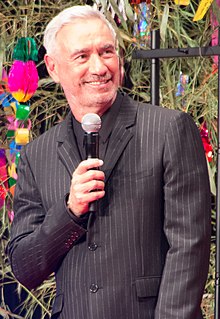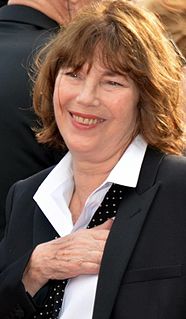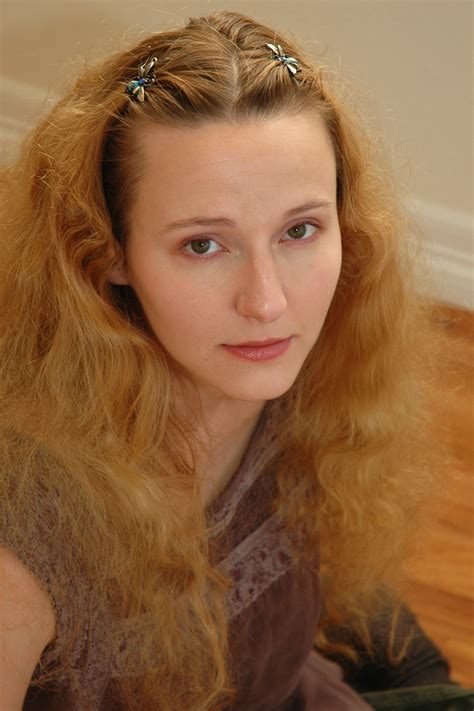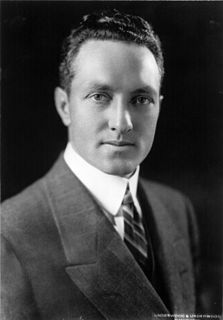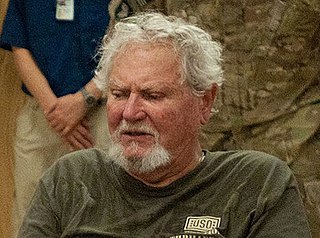A Quote by Roland Emmerich
In the end [of the "2012"], there were no ships, no water, no nothing. Only the interiors [were real]. Everything else had to be made, and that is always challenging.
Quote Topics
Related Quotes
Irony ruined everything Even the best exploitation movies were never meant to be `so bad they were good`. They were not made for the intelligentsia. They were made to be violent for real, or to be sexy for real. But now everybody has irony. Even horror films now are ironic. Everybody's in on the joke now. Everybody's hip. Nobody takes anything at face value anymore.
There were things out there in the world, things that vampires feared, and now those things were here. She was only seconds out of a very light, fitful sleep, but she knew that the nightmares had followed her effortlessly right into the real world. The draug. They weren’t vampires; they were something else, something that moved through water, formed out of it, dragged vampires down to a slow and awful death.
At the end only two things really matter to a man, regardless of who he is; and they are the affection and understanding of his family. Anything and everything else he creates are insubstantial; they are ships given over to the mercy of the winds and tides of prejudice. but the family is an everlasting anchorage, a quiet harbor where a man's ships can be left to swing to the moorings of pride and loyalty.
I have a very close friend who is a brilliant clown, and I always wanted to do a show with him. So I did one year at La MaMa Theatre. I had not done stilts before that show, and I had about two weeks to learn how to do that, and they were just made with off-off Broadway money. The ones that I had in Rogue One were made by [Industrial Light & Magic]. So they were really easy. They were made with actual prosthetic feet on the bottom. They were athletic, in a way. I could run in them. There was a bounce to them that I could use.
Many people nowadays live in a series of interiors...disconnected from each other. On foot everything stays connected, for while walking one occupies the spaces between those interiors in the same way one occupies those interiors. One lives in the whole world rather than in interiors built up against it.
Sickle cell anemia made me a real angry kid. I was angry at God. I used to sit there and pray to God, please, take this pain away. It was nothing magical happening, there was nothing there. I felt like my prayers were not being answered. It made me real moody, I had an attitude problem growing up as a young child.
I was always embarresed by the words 'sacred,' 'glorious,' and 'sacrifice' and the expression 'in vain.' We had heard them, sometimes standing in the rain almost out of earshot, so that only the shouted words came through, and had read them on proclamations that were slapped up by billposters over other proclamations, now for a long time, and I had seen nothing sacred, and the things that were glorious had no glory and the sacrifices were like the stock yards at Chicago if nothing was done with the meat except to bury it.
My needs were simple I didn't bother much with themes or felicitous phrases and skipped fine descriptions of weather, landscapes and interiors. I wanted characters I could believe in, and I wanted to be made curious about what was to happen to them. Generally, I preferred people to be falling in and out of love, but I didn't mind so much if they tried their hand at something else. It was vulgar to want it, but I liked someone to say 'Marry me' by the end.
When I first starting making beats, I didn't know samples were being used in any beats. I had no idea where producers were getting the real string sounds or the voices on their tracks. I knew nothing about loops or sampling off of records. So, by me knowing nothing about this it made me concentrate on my chords on the keyboard.
I had said that Le Guin's worlds were real because her people were so real, and he said yes, but the people were so real because they were the people the worlds would have produced. If you put Ged to grow up on Anarres or Shevek in Earthsea, they would be the same people, the backgrounds made the people, which of course you see all the time in mainstream fiction, but it's rare in SF.
